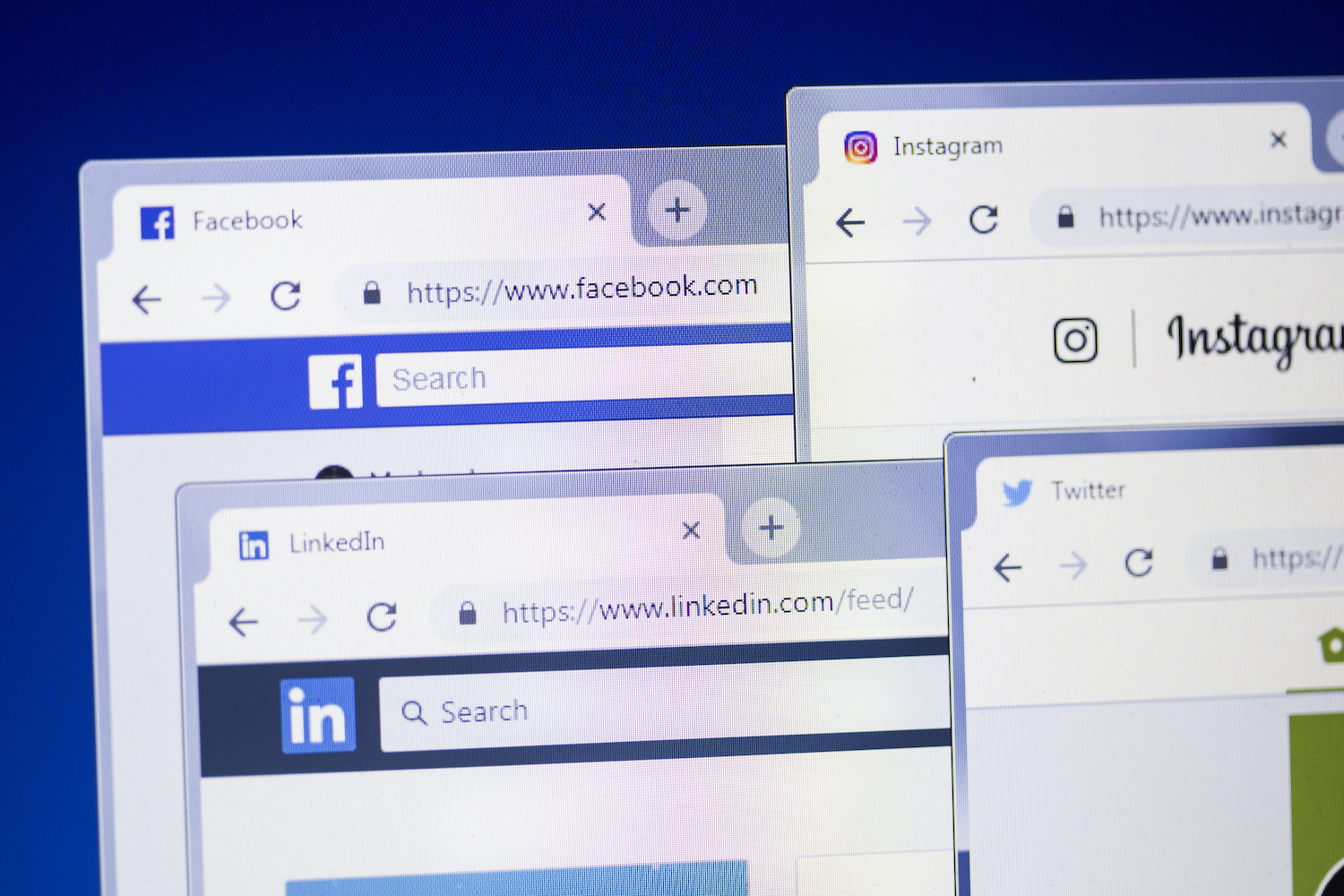Glitches happen. Even to the best of us. And rather than promote others’ misfortune, we created this list to highlight the importance of anomaly detection – and as a warning against denial. Because if it can happen to the world’s most-recognized companies, it can certainly happen to you.
March 28: Hubspot Suffers Days-Long Processing Backlog
Shortly after 11 a.m, HubSpot experienced an outage caused by the failure of one of their internal infrastructure components. Due to a large backlog of data processing, there was an impact felt across a number of HubSpot services, including email, page publishing, sales tools, integrations, automation, notifications, CRM, reporting, connected inboxes, content tools, and partner services, in addition to general processing delays.
March 27: Maybank Outage
For at least six hours, Maybank customers were unable to transfer money through its teller machines and Maybank2U service. This happened just as many Malaysian workers had just received their salaries and were attempting to pay bills. According to SimilarWeb, Maybank has the fourth most visited website in Malaysia after Google, YouTube and Facebook.
March 26: Outage Forces American Airlines, JetBlue to Ground Planes
Early in the day, a computer glitch hit the reservation and booking system used by several U.S. airlines, including American Airlines, JetBlue and Alaska Airlines.
March 26: Xbox Live Down
Fortnite and Apex Legends player were none too happy when a server malfunction caused issues with sign-in and core services.
March 13: Facebook Down for Nearly 24 Hours
Around noon, Facebook experienced its longest outage ever with services disrupted for close to 24 hours. Facebook, Instagram, and WhatsApp users had issues logging in, posting to the site, and more because of a “server configuration” that triggered a “cascading series of issues.”
March 12: Gmail & Google Drive Outage
Starting at around 7:53 p.m., Google’s GSuite — Gmail and Google Drive — experienced a service disruption that lasted for a few hours until 11:13 p.m. The outage affected people around the world with spotty performance, trouble sending emails, and more.
March 12: Spotify Crashes
Starting around 7:00 a.m. (ET), Spotify users began reporting a myriad of issues with the system. Users were unable to log in, play music, use Spotify on Sonos, or get onto the app. The outage lasted a few hours and affected users around the world from the UK to Australia and the U.S.
March 12: Verizon Wireless Outage on the East Coast
Starting around 6:00 a.m. (ET), Verizon Wireless had a widespread outage affecting thousands of customers along the East Coast. During the hours-long downtime, customers were unable to send or receive text messages.
March 8: Capital One Outage
Capital One bank experienced an outage that affected more than 360 of its services. Customers were unable to access bank accounts, use their money, view balances, and more.
March 7: UK Passport Office Crash
After 3.5 million Brits were told to renew their travel documents, the UK Passport Office website crashed from overload. Technical issues were blamed, and the website came back online by late in the day on March 7.
March 7: BNP Paribas Down 24 Hours
From 8:10 a.m. until 11:16 a.m. (UTC), the French bank BNP Paribas experienced a system-wide crash. For more than 24 hours, customers were unable to transfer money, access the website, or use the app.
Discover how other companies are mitigating glitches and minimizing downtime using real-time AI anomaly detection.




